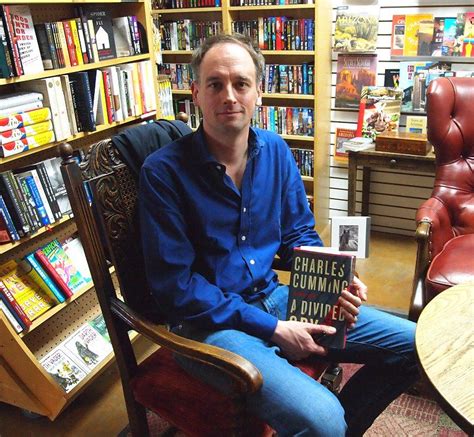A Quote by Ken Blanchard
The cure for too much to do is solitude and silence.
Related Quotes
There is an old proverb to the effect that 'all those who open their mouths, close their eyes!' The purpose of silence and solitude is to be able to see and hear. Control rather than no noise is the key to silence. James saw clearly that the person who could control his tounge is perfect (James 3:1-12). Under the Discipline of silence and solitude we learn when to speak and when to refrain from speaking.
St. John of the Cross points out that the divine music can best be heard in solitude and silence. The sonorous music is not a physical sound that vibrates the eardrum but something transcending the senses. Physical solitude and silence remove the distracting noises that prevent us from hearing on deeper levels.
Solitude is a condition of peace that stands in direct opposition to loneliness. Loneliness is like sitting in an empty room and being aware of the space around you. It is a condition of separateness. Solitude is becoming one with the space around you. It is a condition of union. loneliness is small, solitude is large. loneliness closes in around you; solitude expands toward the infinite. loneliness has its roots in words, in an internal conversation that nodbody answers; solitude has it's roots in the great silence of eternity.
In silence, we have an opportunity to reflect, listen, and gain new insights about ourselves. In silence, we can think, feel, and most important of all, breathe. When you seek guidance, understanding, clarity, or peace of mind, the first step is to master the art of silence and to rethink the value of solitude.
It is in deep solitude that I find the gentleness with which I can truly love my brothers. The more solitary I am, the more affection I have for them. It is pure affection, and filled with reverance for the solitude of others. Solitude and silence teach me to love my brothers for what they are, not for what they say.
Our equal and opposite needs for solitude and community constitute a great paradox. When it is torn apart, both of these life-giving states of being degenerate into deathly specters of themselves. Solitude split off from community is no longer a rich and fulfilling experience of inwardness; now it becomes loneliness, a terrible isolation. Community split off from solitude is no longer a nurturing network of relationships; now it becomes a crowd, an alienating buzz of too many people and too much noise.
The amateur has a long list of fears. Near the top are two: Solitude and silence. The amateur fears solitude and silence because she needs to avoid, at all costs, the voice inside her head that would point her toward her calling and her destiny. So she seeks distraction. The amateur prizes shallowness and shuns depth. The culture of Twitter and Facebook is paradise for the amateur.



































